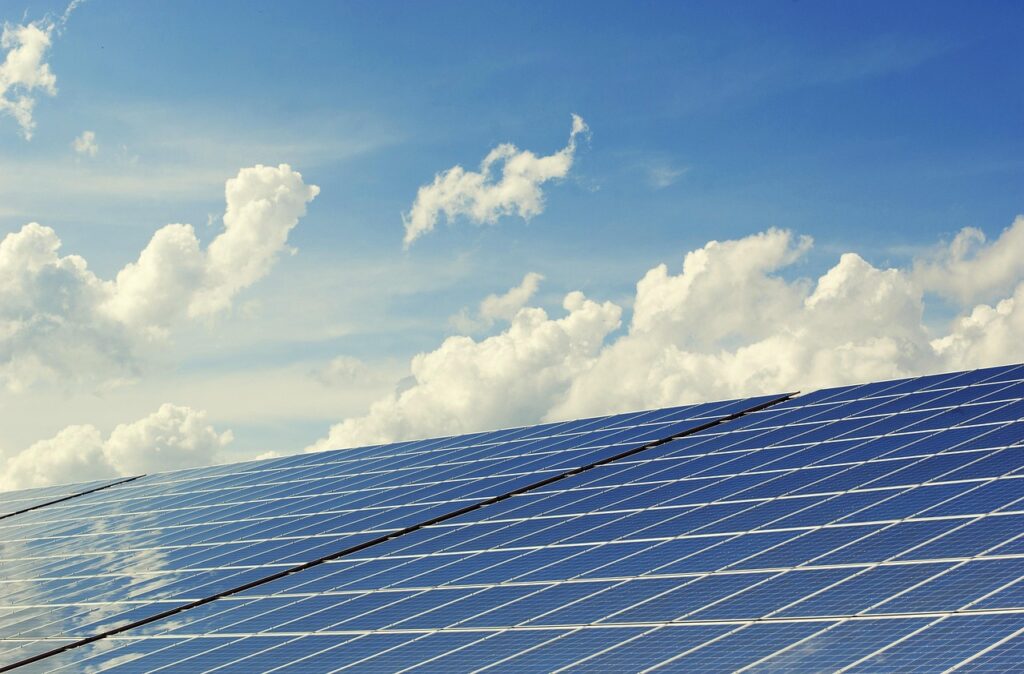
Pennsylvania’s solar landscape is rapidly evolving thanks to a range of powerful state and federal incentive programs. Recent policy updates have opened the door to significant financial benefits for residents ready to invest in renewable energy. One of the most impactful is the 30% federal tax credit, which works alongside other opportunities such as Solar Renewable Energy Credits (SRECs), net metering, and property tax exemptions. These programs are designed to reduce upfront costs and boost long-term savings. For anyone looking to dive deeper into available options, understanding the full scope of Pennsylvania solar incentives is essential. With the right knowledge, property owners can maximize their return on investment while supporting the state’s clean energy future. The following incentives are key considerations before making any solar installation decision.
Federal Investment Tax Credit (ITC): 30% Off Your Solar Installation
The most significant financial incentive available to Pennsylvania homeowners considering solar energy is the Federal Investment Tax Credit (ITC), which currently provides a 30% reduction on the total cost of solar photovoltaic systems installed through 2032.
This dollar-for-dollar tax credit applies to both residential and commercial installations, reducing federal income tax liability directly. The Inflation Reduction Act of 2022 extended and expanded this program, providing market stability through 2032, after which it steps down to 26% in 2033 and 22% in 2034. Eligible expenses include equipment, labor, permitting fees, and energy storage devices when installed concurrently with solar panels.
Pennsylvania Solar Renewable Energy Certificates (SRECs) Marketplace
Pennsylvania’s Solar Renewable Energy Certificate (SREC) program represents an essential additional revenue stream for solar system owners, enabling them to sell certificates generated by their renewable energy production on an open marketplace.
Each SREC represents 1,000 kilowatt-hours (1 MWh) of solar electricity production. Under the state’s Alternative Energy Portfolio Standards Act, utilities must procure a percentage of their electricity from solar sources, creating consistent demand for SRECs. Current SREC prices in Pennsylvania range from $30-$50 per certificate, though values fluctuate based on market conditions.
System owners typically register with an SREC aggregator who manages certificate tracking, verification, and transactions, maximizing financial returns.
Net Metering: Getting Credit for Your Excess Solar Production
Net metering legislation in Pennsylvania allows solar system owners to receive retail rate credits for excess electricity sent back to the grid, effectively turning their meters backward when production exceeds consumption.
Under PA Public Utility Commission regulations, systems up to 50 kW receive full retail rate compensation, while systems between 50 kW and 3 MW may be eligible for generation and transmission components only. Credits accumulate monthly and expire annually on May 31, with any remaining balance compensated at the utility’s wholesale rate.
Virtual net metering is also available for properties with multiple meters, enabling agricultural operations and businesses to maximize their solar investments across physically separate facilities.
Local Utility Rebates and Incentives Across Pennsylvania
Beyond state-level net metering programs, many Pennsylvania utilities offer their own incentive programs to encourage solar adoption within their service territories.
PECO provides rebates up to $0.40 per watt for residential installations, with a maximum of $1,600 per project. PPL Electric offers performance-based incentives through its Renewable Energy Credit purchase program. Duquesne Light Company implements a tiered rebate structure based on system capacity, while FirstEnergy’s subsidiaries (Met-Ed, Penelec, Penn Power) maintain solar-specific rebates under their energy efficiency programs.
Customers should contact their local utility directly, as these incentive programs are frequently updated to reflect changing regulatory frameworks and funding availability.
Property Tax Exemptions for Solar Installations
While property taxes typically increase when homeowners make improvements to their residences, Pennsylvania offers a significant financial advantage for solar adopters through its property tax exemption policy.
Under Act 4 of 2008, solar installations are 100% exempt from property tax assessments statewide. This means the added value solar panels bring to a property remains untaxed, effectively saving homeowners hundreds to thousands of dollars annually depending on local tax rates. The exemption applies to both residential and commercial properties, covering photovoltaic systems, solar water heaters, and passive solar designs without requiring separate application in most counties.
Solar Financing Programs and Low-Interest Loans in Pennsylvania
How can Pennsylvania residents afford the upfront costs of solar installation? The Pennsylvania Department of Environmental Protection offers the Sunshine Solar Program, providing loans at rates between 1.0-2.5% for qualifying residential projects. Furthermore, the Keystone Home Energy Loan Program (HELP) enables homeowners to finance up to $15,000 at below-market rates with terms extending to 10 years.
Several Pennsylvania credit unions partner with local installers to offer specialized solar loans with minimal down payments. Municipalities including Philadelphia and Pittsburgh have established Property Assessed Clean Energy (PACE) financing, allowing property owners to repay solar investments through property tax assessments.











